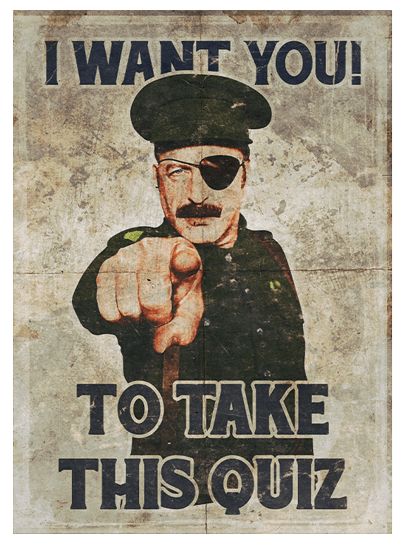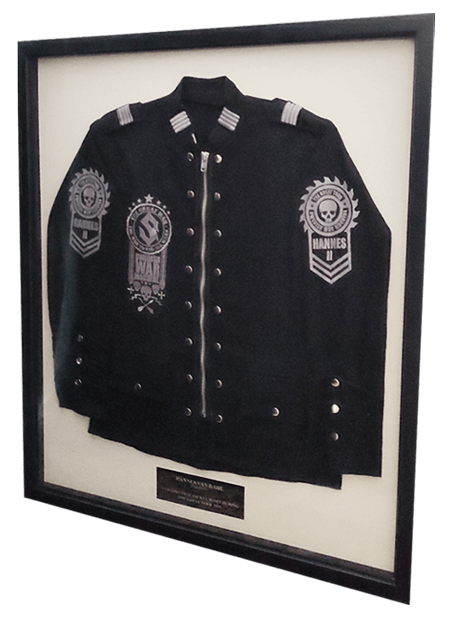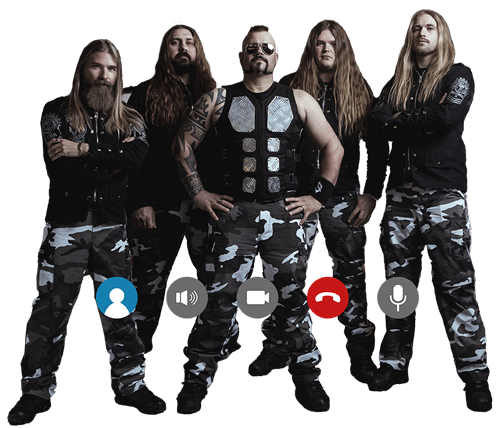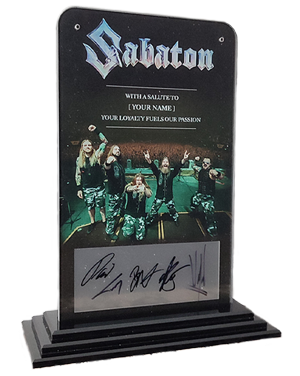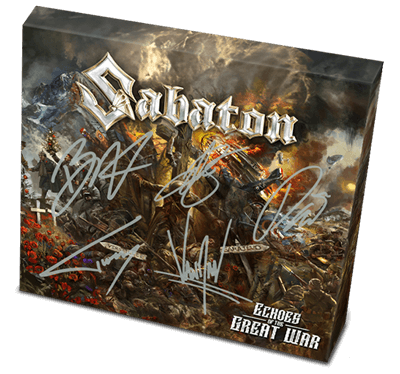Light in the black
Even during the Napoleonic Wars, politicians could only dream of the peaceful coexistence of the great powers; of regulations concerning violence and warfare; and of nations directing their energy and money towards health, education and everlasting peace.
A hugely ambitious and somewhat realistic attempt after the Great War by US President Woodrow Wilson to achieve this unfortunately failed, due to a lack of international commitment. It could not prevent increasing aggression nor was it able to stop the outbreak of another inhumane war.
The formation of the United Nations
It was not until June 12, 1941, when politicians from Britain and its dominions met with representatives of the exiled governments of the European nations that were currently under Nazi rule, to proclaim a common struggle against Hitler. A poem by Lord Byron inspired Winston Churchill to call this association of countries the ‘United Nations’.
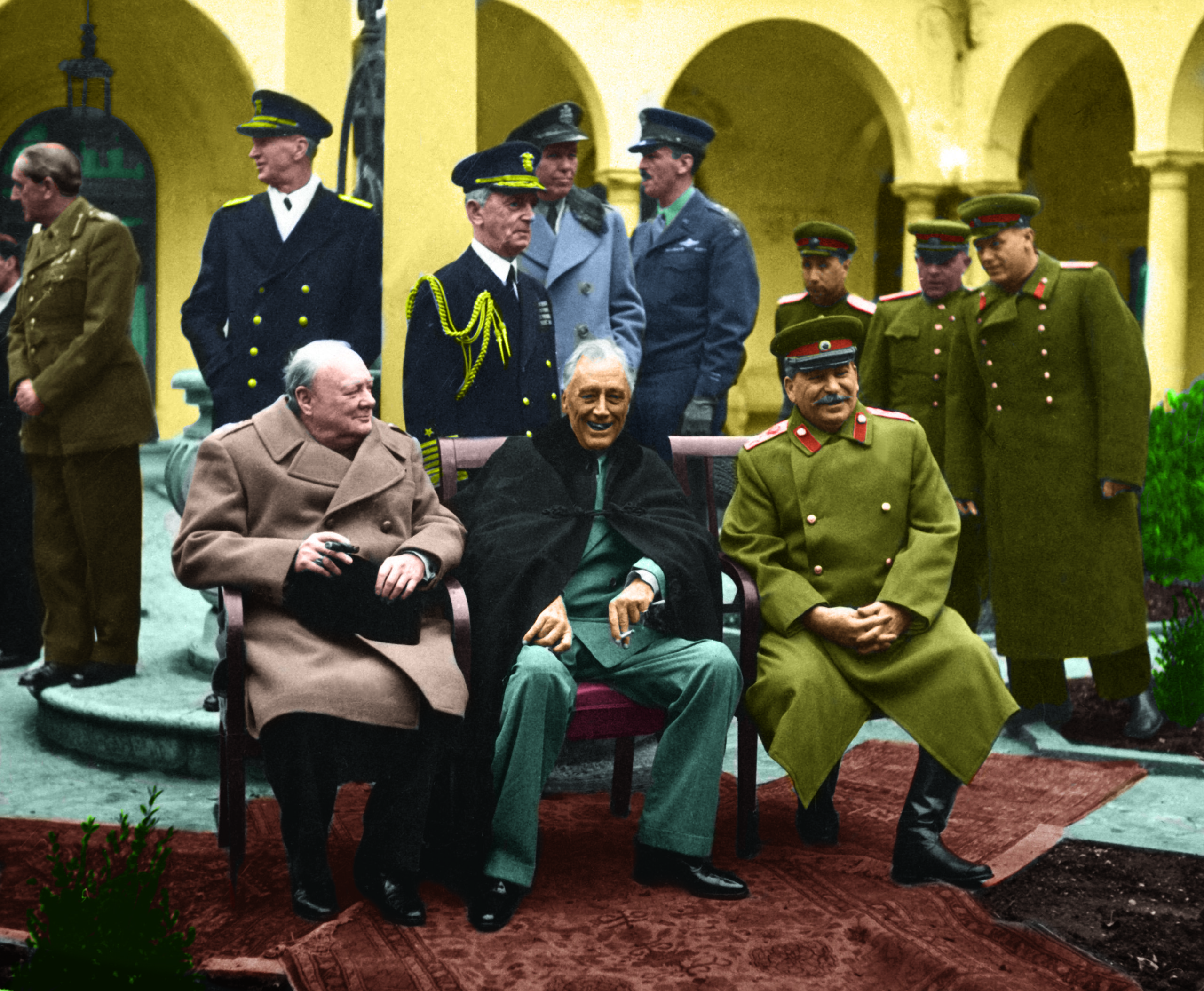
In January 1942, once the United States had joined the war and the world turned into a game of Axis & Allies, the modern United Nations were officially formed. This comprised of 26 governments that were under the guidance of the big four: the United States, Britain, the Soviet Union and the Republic of China.
By 1945, 21 more nations would join, and on April 25th, with the defeat of the Axis approaching, representatives from almost all the members met in San Francisco to draft the official charter of the UN.
The Charter of the United Nations Organization focuses on international peace, stability and security. It focuses on the nations working together to prevent wars or threats to peace through diplomacy or military action, if necessary. International disputes would be decided by peaceful settlements, with the United Nations as a mediator. If a nation acted aggressively towards another, the UN Security Council would meet and then give the verdict of the General Assembly.
The United Nations is inherently democratic. Today it consists of 193 nations and addresses things like the world’s economic, social, health and human rights issues, as well as dangers to peace and security, humanitarian aid, promoting sustainable development and upholding international law.
Any member may bring a complaint or a request for consideration, and if two-thirds of the members vote for it, the Security Council is bound to act. The first step is always economic sanctions, and only with no other options available will they resort to military force. Even then, active peacekeepers – only lightly armed infantry without tanks or military aircraft – are to be sent out on a very restricted mandate. They are not to fight a war, but to negotiate peace. Offensive force must only be the last resort if the lives of the UN soldiers are in danger.
UN Restrictions
Although seemingly straightforward with good intentions, there were several restrictions put in place for the UN right from the start:
- The disputing countries or parties must agree to allow the peace-keeping mission to do its work.
- The mission must not interfere with internal politics or take sides in the conflict, as this would sabotage the impartiality of the UN forces. (This was especially tricky during the Cold War, as the US and the Soviet Union had contradictory agendas about everything.)
- The missions could only work if the disputing parties would actually show the willingness to cooperate with the UN forces and allow them to move about and inspect freely within their spheres of influence.
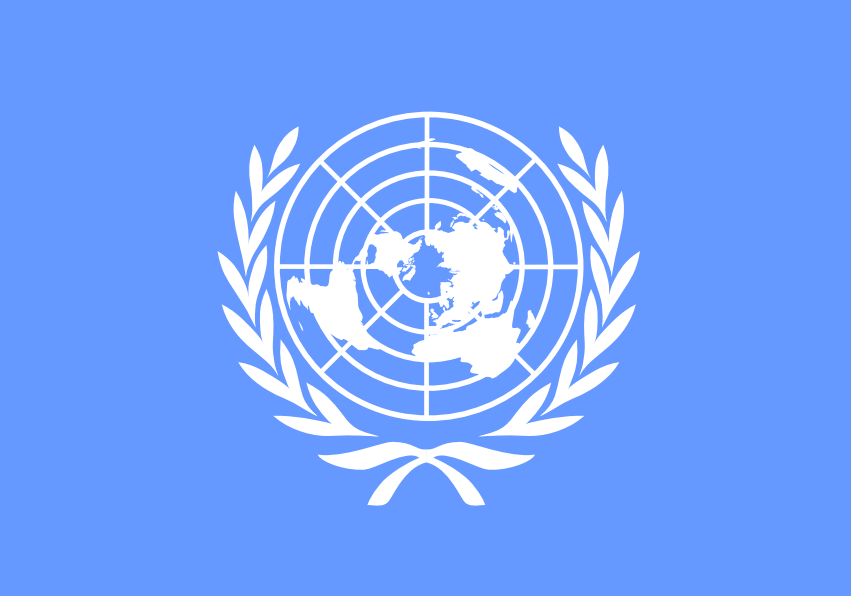
The first engagement of the UN was in close sight and could not have been more challenging as the Arab-Israeli War in 1948 spun out of control. The General Assembly called for the end of hostilities and sent in military observers and mediators, installing a permanent presence in Jerusalem. Hopes were high for brokering lasting peace, declaring Jerusalem under international protection, and forming a two-state agreement, but those hopes were quickly extinguished. Armistices and agreements were carelessly signed and quickly disregarded. As it turned out, Palestinian and Israeli forces cared little for UN objections. The UN observers found themselves dragged from one local conflict to the other, and their small mobile force could not hope to prevent the arms race that was beginning in the region nor the further radicalisation of the warring sides. Since nearly all great powers with the right to veto had interest in the region, there was little that could be achieved, and still, this conflict remains unresolved to this day, with UN forces repeatedly invited in and then shown the door.
On the other side of the world, also in 1948, the UN was supervising elections in the southern part of Korea, even as tensions with the communist north worsened. The military invasion by the north in 1950 caused the Security Council to demand the immediate withdrawal of the North Korean forces. However, while the UN was debating, the US felt “morally committed” to the south and was already sending troops into the region with the support of the British Commonwealth. Blindsided by this, the UN followed suit, uniting troops from 15 countries and medical units from a further five under US command. The Soviet Union, which forfeited its veto by boycotting the Council for rejecting Communist China as a great power, called this illegal, as to them, this was clearly an internal and not an international conflict.
Although the Korean War cost the lives of thousands of UN troops and an armistice was finally reached in July 1953, a peace treaty still does not exist to this day, but with its resolution fulfilled, the UN withdrew nearly all of its forces.
Good intentions
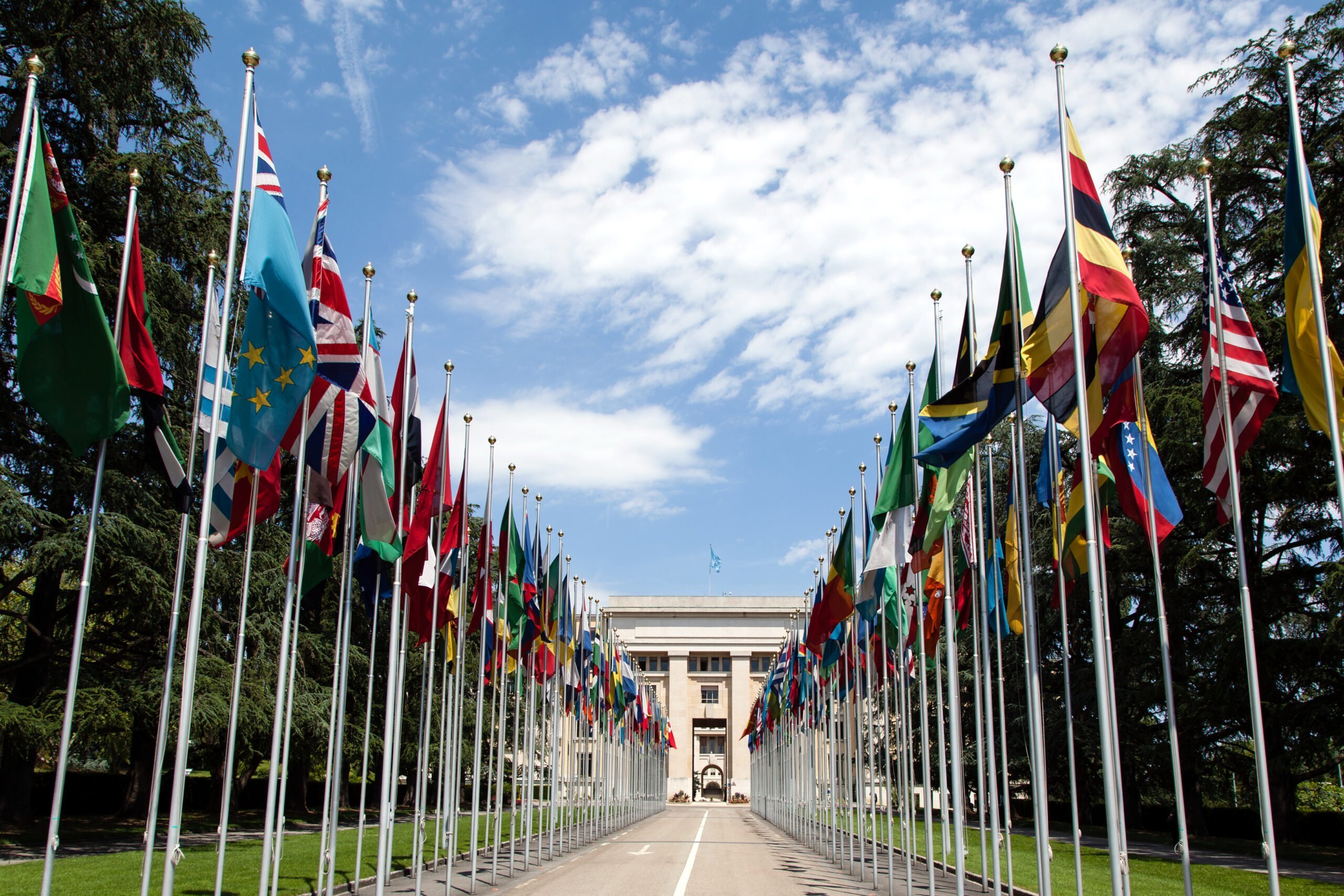
The UN has had its ups and its downs over the years but there is no denying its successes. It provides food to people in over 75 countries and vaccinations to more than half of the world’s children. It works with election monitoring and refugee assistance among many other things.
The darkest point for UN peacekeeping was in the Balkans in the 1990s. After the death of Josip Broz Tito in 1980, and with a steadily declining economic situation, old feelings of fear and hatred between the Serbs, Croats, Slovenes, Macedonians and Albanians boiled. Yugoslavia broke up and a series of wars and irregular fighting over independence began tearing the western Balkans apart. The UN was trying to help the negotiations between Serbia and Croatia, but agreements and ceasefire were as easily broken as they were passed. In April 1992, the situation further deteriorated in Bosnia Herzegovina and the UN sent peacekeepers to establish a security zone at Sarajevo airport to ensure that humanitarian supplies could arrive. The UN troops were under the mandated peacekeeping rules of engagement, with the right to search and confiscate military weapons, but not to engage in the conflict.
On May 8, 1993, an agreement was reached for the demilitarisation of Srebrenica. The small force of UN peacekeepers tried to stand between the Bosnian Serbs and Bosnian Muslims, but the region descended into chaos. On July 6, 1995, the Serbs advanced and the Bosnians retreated into the UN enclave, but while Serbian forces began ethnic cleansing in Srebrenica, UN forces withdrew or simply stood by. What followed was a mass execution of Bosnian men and boys at the hands of the Serbian paramilitaries. This caused a huge international outcry, showcasing the lack of protection the UN offered by strictly following its mandate.
The United Nations is an ambitious, maybe an overambitious, project, but world peace through international cooperation is a desirable goal. There are plenty of people willing to put their lives on the line to protect strangers in need, and by donning the blue beret with the UN insignia or the blue painted helmet with the global projection insignia, they accept a new role with international responsibilities. Countries like Japan, Austria and Germany were able to again be part of the international community and try to make the world a better place, and even those smallest countries can contribute to the peace in their region. It was and is a cause worth pursuing.
But how can you make the world a safer or better place when at times it refuses to cooperate? From the occasional lack of cooperation to conflicting spheres of influence by the great powers, to a simple lack of men and materials, there have been periods when it seemed like the UN could achieve little despite temporary ceasefires, overseeing the exchange of prisoners or the destruction of weapons, or even supervising the work of the local police.
Billions of dollars are still spent every year though, with hundreds of thousands of troops deployed all over the world for peace keeping efforts or diplomatic missions. There are successes and there are failures. There are of course many obstacles with multi-national cooperation and bureaucracy, but evil can only triumph if good people stand by and do nothing.
The story behind the formation of the United Nations inspired our song ‘ Light in the Black ‘, which is featured on our Attero Dominatus album. Take a look at the lyrics we wrote here.
If you’re interested in a more visual interpretation of this story, watch our Sabaton History episode, Light in the Black – United Nations Peacekeeping:




